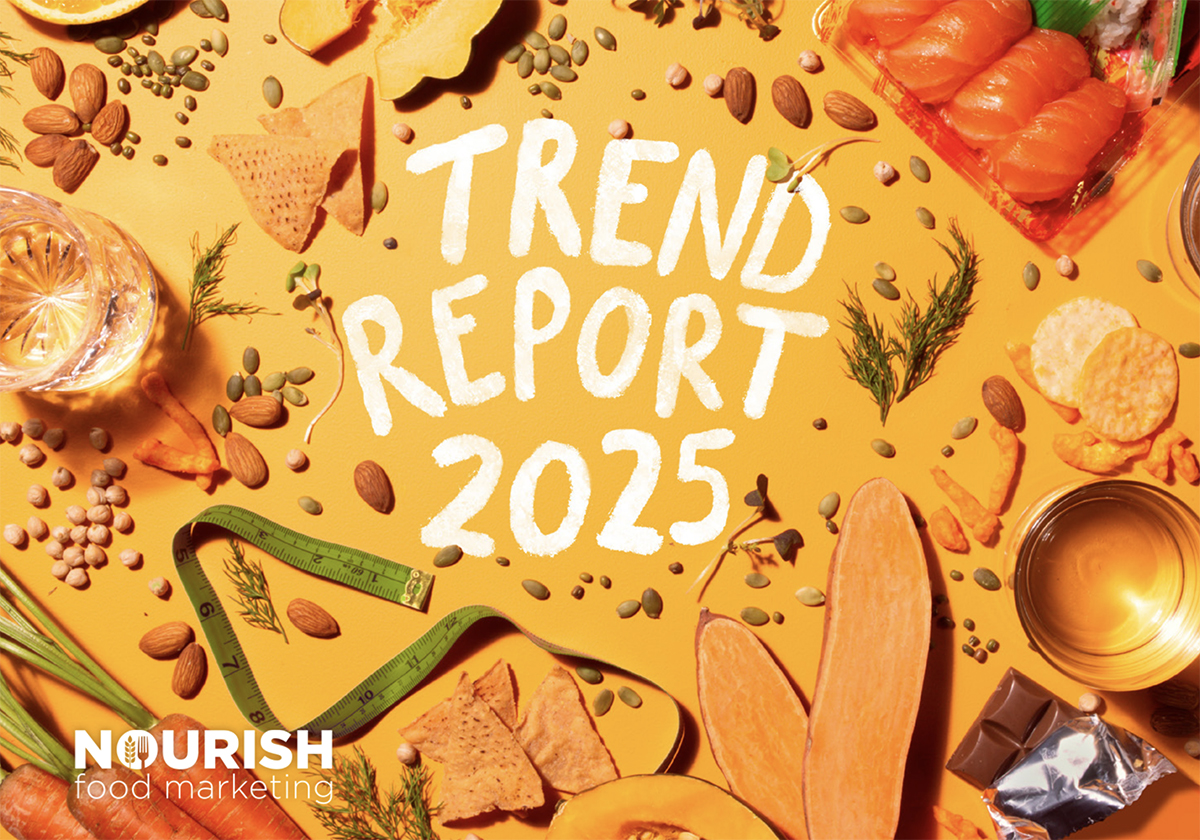‘Stealth health’ could be new trend | Farmtario

WINNIPEG — Hybrid meat may not be a great name for a product category at the grocery store but hybrid products that combine actual meat with veggies or pea protein could become a thing in 2025 and in future years, says a food marketing expert from Toronto.
Read Also


Crop share agreements more attractive due to tight margins
Three consecutive years of tight margins may be making the case for crop-sharing agreements versus cash rents.
It depends on how food companies present these products to consumers, says Jo-Ann McArthur, founder and president of Nourish Food Marketing.
Food manufacturers could promote hybrid meats as a product that is good for consumers’ health.
“We call it ‘stealth health’,” said McArthur, from her office in Toronto. “It’s all about communication and brand positioning.”
Nourish Food Marketing mentions hybrid/blended meats in its 2025 Trend Report released in November.


These products have been available at the grocery store for a while, but the marketing message was a flop. Food manufacturers tried to sell the environmental benefits of hybrid meats but the message did not stick.
“Consumers, unfortunately, don’t care about sustainability right now. It’s taken a real back seat to food affordability,” said McArthur, who cited a 2024 North American survey from Intouch Insight, a consumer research firm with offices in Ottawa, Ohio and Georgia.
That survey found that Canadians and Americans think about the price and value of food, not sustainability.
“Food affordability is the top factor in food purchase decisions for consumers, at 47.3 percent, while environmental impact is the least important, at 2.3 percent. All those eco-certifications and all that storytelling may not be aimed at the right target,” says McArthur in the 2025 Trends report.
Research by Mars, one of the largest human food and pet food companies on the planet, shows that consumers do care about sustainability, especially those in the 18 to 34 age group.
However, when they’re are at the grocery store, they think about price, value and quality. Sustainability is farther down the list of concerns.
“A lot of consumers aren’t willing to pay more for a sustainable food,” said Emma Reynolds, global vice-president of corporate affairs for Mars Food & Nutrition.
Most parents are determined to include veggies and healthy ingredients in their kids’ diets.
When hybrid meat is promoted as something healthy, it seems to resonate with moms and dads.
Perdue Farms, a major player in the U.S. meat industry, sells a product called Chicken Plus that contains peas, cauliflower and chicken. “There’s more than just good taste,” says the Perdue website about the product.
That marketing approach is working, McArthur said. It’s more effective than the sustainability message and better than pushing plant protein as an alternative to meat.
“Instead of forcing an all-or-nothing way of thinking on consumers, you need to meet them where they are most comfortable,” says the Nourish 2025 Trends report.
“Can you lean into ‘stealth health,’ adding something to that meat product so that less is actually more? People prefer plusses to minuses.”
Put another way, hybrid meat should be sold as something that provides more than traditional meat proteins.
Messaging is critical, but the success of hybrid meats will depend on price.
Consumers will be reluctant to pay more for chicken nuggets or a burger if the product contains less chicken or less beef.
Looking beyond hybrid meat, McArthur is skeptical about cellular, lab-produced meat. It has been promoted as an alternative to meat for years, but nothing is happening in the marketplace.
“The ones that you hear about … it’s still lab-bench science,” she said. “The biomass capacity to scale up the … amount (produced), it’s not making economic sense. It sounds brilliant, but it’s not there yet.”
Source: Farmtario.com

